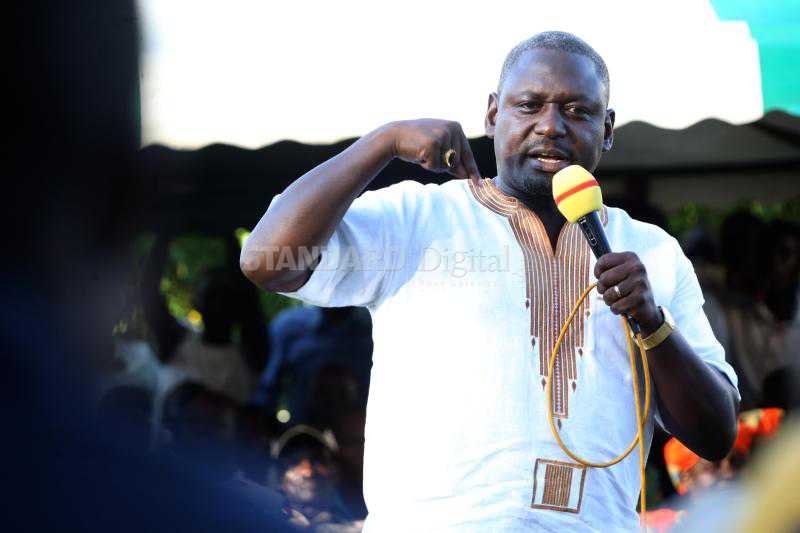×
The Standard e-Paper
Kenya’s Boldest Voice

An MP has asked the Ministry of Education not to allow the establishment of new secondary schools in his constituency.
Rarieda MP Otiende Amollo said the constituency had many secondary schools, some with less than 20 students.